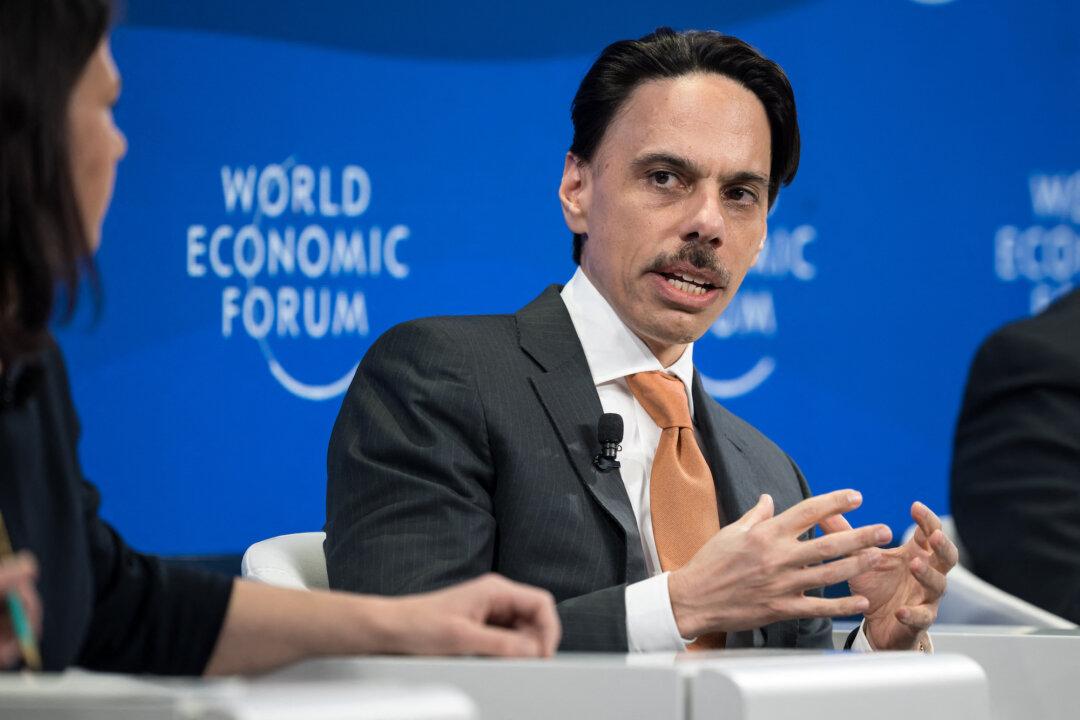Saudi Arabia won’t resume its Gaza war-disrupted efforts to normalize relations with Israel if there are no steps toward forming a Palestinian state, the kingdom’s top diplomat said.
During an interview with CNN in Davos, Switzerland, that aired on Jan. 21, Saudi Foreign Minister Prince Faisal bin Farhan reiterated that Palestinian statehood is a prerequisite for his country to continue with the plan to normalize relations with Israel or to contribute to Gaza’s reconstruction.





